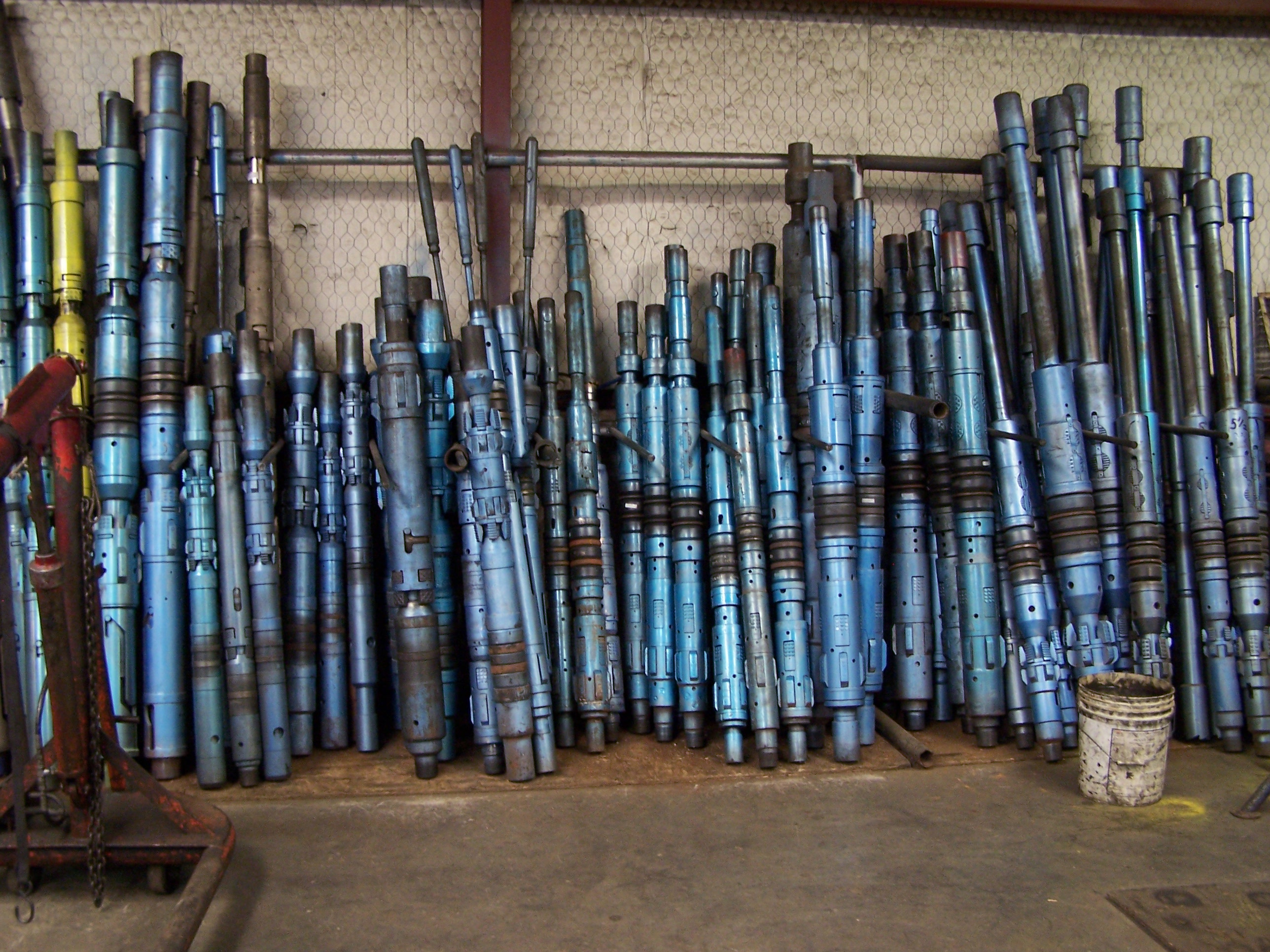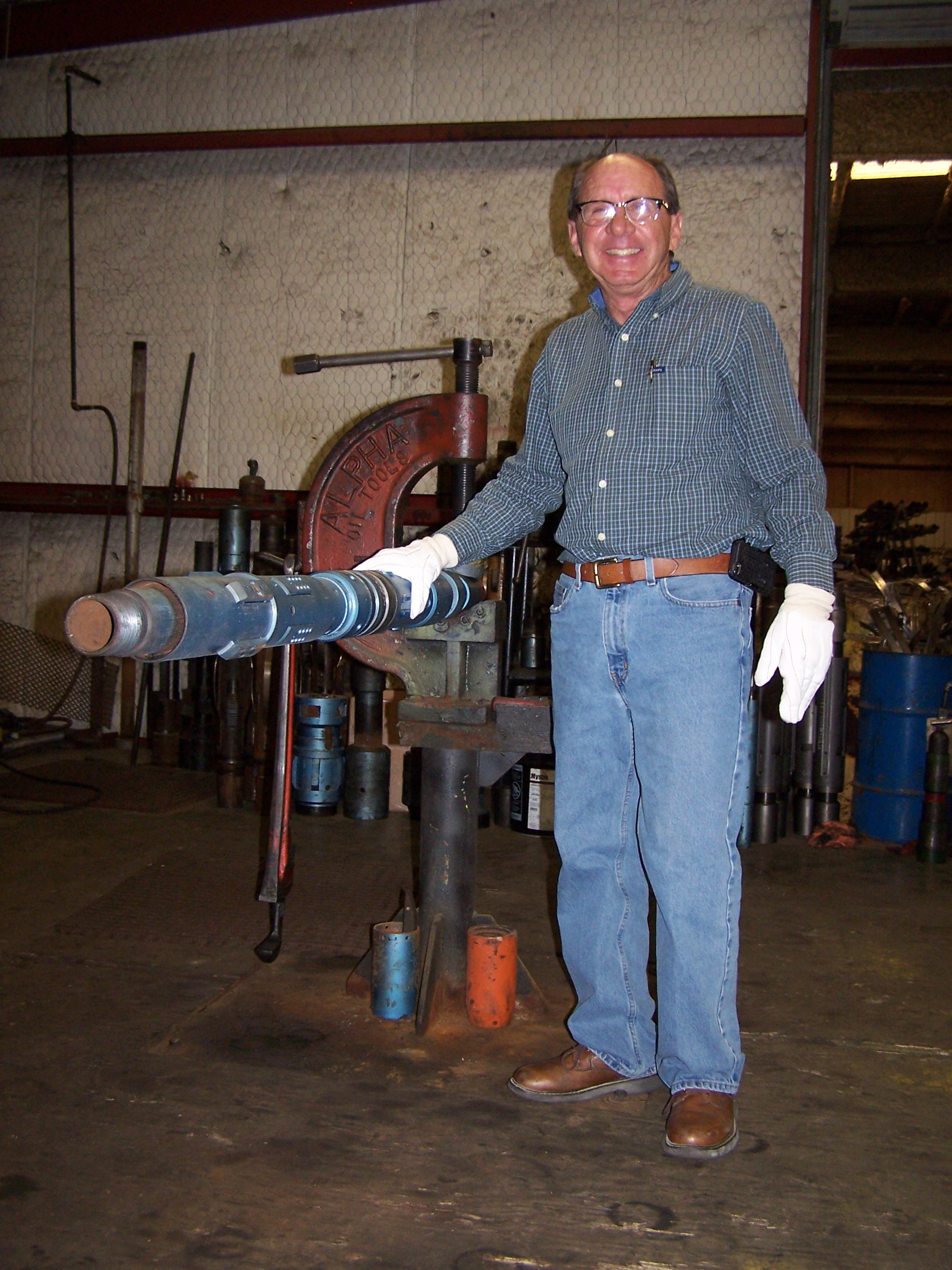The oil price uptick of the past year or more, welcome as it was, has been slow to penetrate labor-intensive sectors like oilfield service.
By Paul Wiseman
“Prices back five years ago, six years ago were decent on the pulling unit side, but they went way down and they haven’t come up to where they were,” said Luis Hernandez, operations manager for LCS Well Servicing in Artesia, N.M.
Five-to-six years ago saw prices around $100 per barrel as opposed to the $70-$80 prices prevalent in 2018—with Permian Basin prices trending even lower due to pipeline capacity constraints.
Hernandez says that finding a pulling unit is getting somewhat harder to do. “If you need one and you call around, you might not get one for a few days, sometimes a week, week-and-a-half later.”
Rigs are not scarce enough to allow companies to raise prices, however. “Everybody’s trying to get the edge on the other company, so prices aren’t—I don’t think they’re up where they need to be for a pulling unit.”
Of all the oilfield service sectors that benefit from technological advances, pulling units and related well service tasks are too labor-intensive to change significantly, Hernandez says. “The pulling unit side of it is pretty basic—it doesn’t require much technology,” he said. LCH has two reverse units—pumps—that needed new gauges recently because customers wanted to measure how much they were pumping.
Finding a pulling unit is getting somewhat harder to do.
“I told my guys a long time ago, I’d rather not make much money but keep you guys working—I know everybody’s got bills and families,” he said.
LCH currently employs about 35 people for work in the western Permian Basin, including Lea, Chaves and Eddy counties of New Mexico, plus Texas counties of Loving (near Mentone), Yoakum (near Plains), and elsewhere. Most clients are small-to-mid size producers.
The company works hard to maintain customer loyalty by providing good service. Hernandez tells his people, “You make me look good and you work more.”
He is generally happy with current crews. “When you have good crews and they’re liked by a certain company,” the occasional mistake gets overlooked because of the overall good quality of the team’s work, he noted.
He looks for increased pipeline capacity scheduled to come online in Q4 2019 and 2020 to boost prices by allowing more takeaway. “We’re getting a lot more oil out of the ground than we used to.”
Hernandez is a 35-year veteran of the oil patch, getting the chance to start LCH in January of 2013. He had worked for the Chase family for years as a completion foreman, and in 2013 “they offered me a deal I couldn’t refuse, so I took over all this equipment [which is still owned by the family] and—it’s been a journey,” he said.
“We’re getting a lot more oil out of the ground than we used to.” —Hernandez
Several lessons have been learned along the journey. “As my old employer said, ‘You take care of the pennies and the dollars will take care of themselves.’”
Managing is a whole different animal from being an employee for Hernandez. “What I’ve learned is just patience. Just be patient, with employees, with customers. Try and treat everybody fairly is the main thing.”
The packer business is another segment where there’s only so much that technology can change. Basin Packer was founded in Odessa in 1956 by current owner Danny Baumstimler’s father and G. H. Moss. They made packers and tubing anchors. More than 60 years later those two items still anchor the business, though they’ve added composite plugs, hydrostatic bailers, and other products to the mix.
Regarding the low impact of technology in his sector, Baumstimler noted, “I’m not into it that much. I’m an old-school, bread-and-butter guy.”
The company has recently released a new cleanout tool, which would require him to expand his current workforce of 11 fulltimers and three contract people. He’s already hired two new people because of the return of higher oil prices. One of the new hires had some experience in the field, the other they trained “from the ground up,” he said.
Reception for the new tool, which updates how it interacts with formations and casing walls, has been well received, according to Baumstimler.
“Just be patient, with employees, with customers. Try and treat everybody fairly.” —Hernandez
“We’re doing a few wells on a trial basis and everybody’s been happy with the uptick in production on oil wells” it brings. So far, trials have been mainly on vertical wells.
As with most companies, business has come back since the downturn. Baumstimler said they stayed busy during 2015 and 2016, although “2015 was not great. The last couple of years have been real busy.” Unlike many, the company got through the last bust without laying off anyone.
Basin Packer builds bailers in their 10,000 square-foot facility on Kermit Highway, but most of their packers are built elsewhere.
The upturn has brought the company several new clients, mostly small companies buying properties and drilling wells. Remediation and completions on vertical wells are the company’s bread and butter, along with stimulation work in old producing zones. Higher oil prices have stimulated re-entries into these zones, according to Baumstimler.
Many of those workover wells, along with new holes, are in Winkler County.
Here it is apparent that sometimes the least “exciting” sectors can also be the most basic and necessary. Updates for both companies have been seemingly small, but no E&P firm can do without these services. Sometimes the future is also the past.
Paul Wiseman is a freelance writer in Midland.











